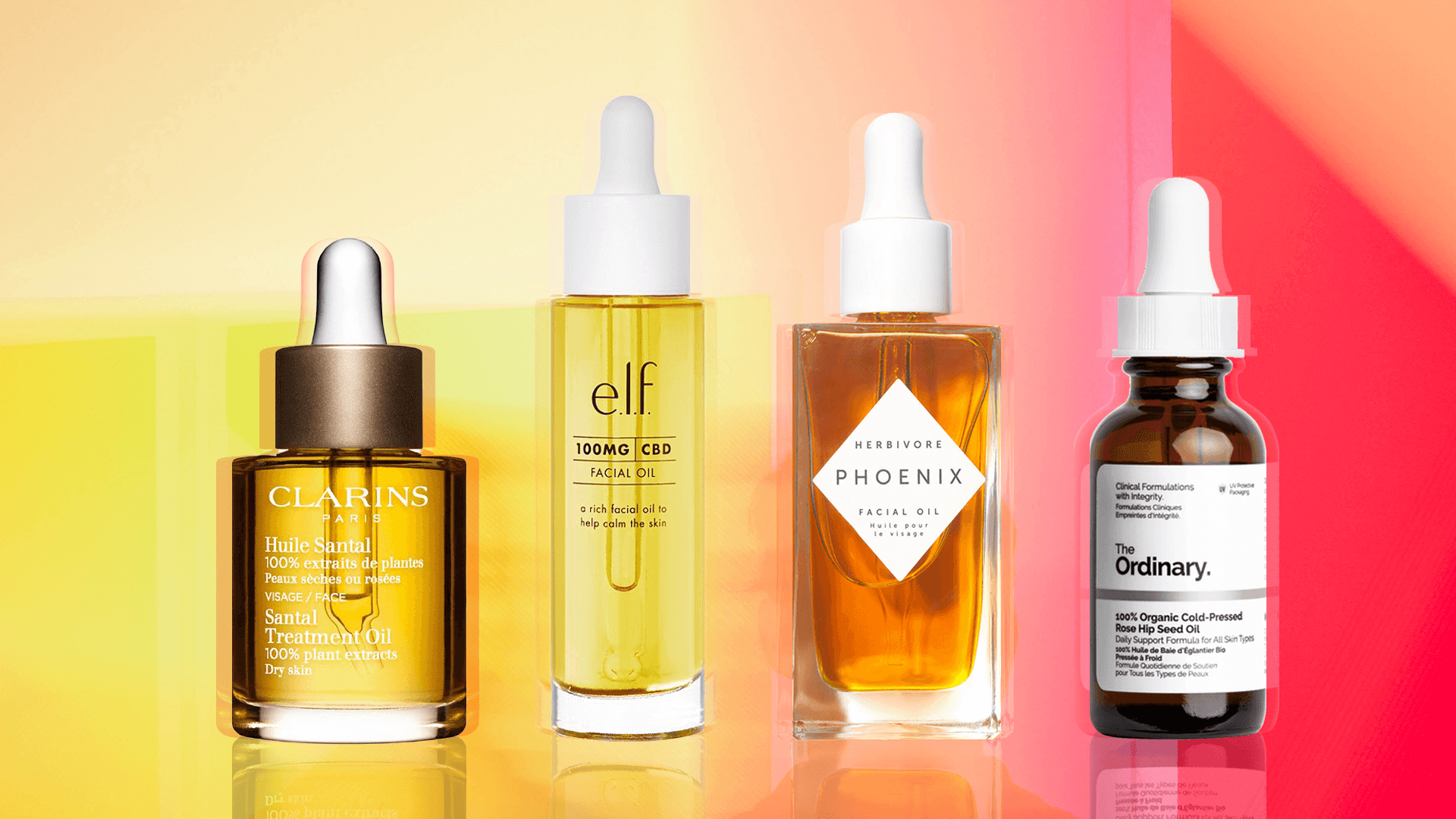Introduction
Facial oils have gotten a bad rap for being greasy and clogging pores. But when chosen correctly and used appropriately, they can be a game-changer for your skin. Facial oils can nourish, hydrate, and protect your skin, leaving it looking and feeling healthier.
In this article, we’ll explore the best facial oils for different skin types and how to use them effectively.
For Dry Skin
Jojoba Oil: This oil is similar in composition to the skin’s natural sebum, making it a great option for dry skin. It helps to moisturize and soothe the skin without clogging pores.
:max_bytes(150000):strip_icc()/BYR_FaceOils_GROUPSHOT-jthompson-0565-349081ede1a64da6835b0f13de91087e.jpg)
Image Source: byrdie.com
For Oily Skin
Tea Tree Oil: This oil has antibacterial properties that can help to control acne and excess oil production. It can also help to soothe inflamed skin.
For Combination Skin
Avocado Oil: Avocado oil is rich in fatty acids and vitamins that can help to hydrate and nourish the skin. It can also help to improve skin elasticity.
For Sensitive Skin

Image Source: thetease.com
Coconut Oil: Coconut oil is a natural emollient that can help to soothe and hydrate sensitive skin. It can also help to protect the skin from environmental damage.
Conclusion
When choosing a facial oil, it’s important to consider your skin type and specific needs. By incorporating the right facial oil into your skincare routine, you can achieve healthier, more radiant skin.
FAQs
1. Can I use facial oil as a moisturizer? Yes, you can use facial oil as a moisturizer, especially if you have dry or combination skin.
2. How often should I apply facial oil? You can apply facial oil once or twice a day, depending on your skin’s needs.
3. Can facial oil clog pores? No, facial oils should not clog pores when chosen and used correctly.
4. Can I use facial oil during the day? Yes, you can use facial oil during the day. However, if you have oily skin, you may want to opt for a lighter oil.
5. Can I mix facial oils? Yes, you can mix facial oils to create a customized blend for your skin.
The Best Facial Oils for Every Skin Type
:max_bytes(150000):strip_icc()/BYR_FaceOils_GROUPSHOT-jthompson-0565-349081ede1a64da6835b0f13de91087e.jpg?w=1200&resize=1200,0&ssl=1)